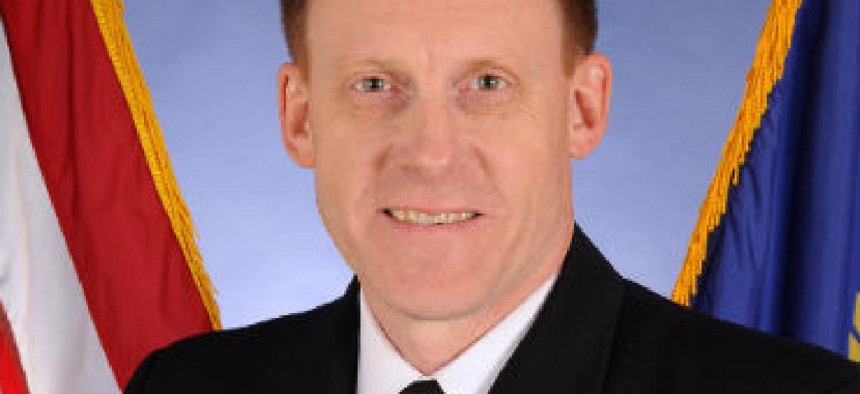Rogers makes his case for a CyberCom budget boost

U.S. Cyber Command wants about $500 million for fiscal 2017, a steady increase that appropriators appeared willing to support.

U.S. Cyber Command chief Adm. Mike Rogers is seeking just over $500 million from Congress.
U.S. Cyber Command Commander Adm. Michael Rogers on March 16 told appropriators that his command deserves an approximately nine percent budget hike in an increasingly contested cyber environment.
Against a backdrop of sizable nation-state and criminal threats, Cyber Command is right now engaged in a "range of both defensive and offensive real-world operations," Rogers told the House Armed Services Subcommittee on Emerging Threats and Capabilities. One of those operations is hacking the so-called Islamic State after being ordered to do so by Defense Secretary Ash Carter.
Cyber Command is asking for $506 million for fiscal 2017, Rogers advisers said after his testimony. The command's appropriated budget for fiscal 2016 is $466 million, with $207 million of that going to support the command's cyber mission forces, according to Rogers' written testimony.
Over five years since its inception, Cyber Command has reached a "tipping point" in terms of offensive and defensive capabilities, according to Rogers. "We're trying to use some of the real world insights" gleaned from the Office of Personnel Management hack and the campaign against the Islamic State to furnish combatant commands with greater cyber tools, he told lawmakers.
Cyber Command's budget is dwarfed by that of the National Security Agency, which Rogers also heads, but the command has used NSA's technical prowess to grow more adept in cyber operations.
Lawmakers were generally receptive to Rogers' funding requests. However, Rep. Mo Brooks (R-Ala.) sounded a note of caution.
"America's financial condition has taken a fairly stark turn for the worse," Brooks told Rogers.
Rogers replied that part of the reason his command is co-located with NSA is to avoid duplicative funding. Cybersecurity is a field that requires more spending, Rogers argued. "Look at the world around you," he told Brooks, referring to threats in cyberspace.
Rep. Joe Wilson (R-S.C.), the subcommittee's chairman, said the panel was ready to back Rogers' programmatic needs.
"From the intrusion on the Joint Staff networks to the compromise of personal information of millions of government personnel and their families, cyber is proving to be both a domain of warfare on its own, as well as a key enabler for all other domains of war," Wilson said in his opening statement.
The fiscal year 2016 defense policy bill that became law last November granted Cyber Command enhanced acquisition authorities, including the designation of an executive in charge of negotiating agreements with other military departments.
Rogers praised those new acquisition authorities, calling them a "significant augmentation" in the command's ability to hone its mission force.
Cyber Command has a representative at the Pentagon's Silicon Valley outpost, known as the Defense Innovation Unit Experimental, and the admiral was in Northern California earlier this month to push for expanded partnerships with the private sector. The command's next planned "point of presence" for private-sector outreach is Boston, he said at the March 16 hearing.


